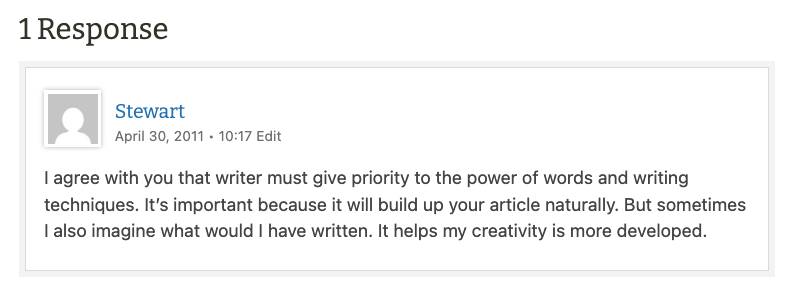If there’s one caveat that’s been repeated over and over in “how-to” literature on writing or editing, it’s “Show, Don’t Tell.” While this advice is sound in most respects, I do have some reservations. (For playwrights and screenwriters, matters are quite different: this post applies to novels and short stories and similar media.)
To begin with, as a writer you don’t show. You always tell. This isn’t as hairsplitting as it sounds, because I believe it can make matters worse if you’re trapped in what I like to call the cinematography metaphor of fiction writing. What you should be doing when you’re writing a scene is concentrate on the power of words and the writing techniques at your disposal, instead of trying to describe visually imagined “movie scenes.” Which is a simple matter of getting it ass backwards (that’s the trap): you should rather try to manipulate language in order to raise vivid pictures in the mind of your reader, instead of trying to force cinematic imagery into words.
So the advice should rather be: “Narrate More, Summarize Less,” which surely doesn’t sound as catchy. “Summarize Less” means, of course, that you should summarize, only less so—otherwise you’d end up with 800 pages just for the photorealistic description of a leaf falling to the ground. But that, of course, is not the only reason. You need summarization for a decent pacing; that’s absolutely critical. Much of your text’s dynamics and its effective impact hinge on your ability to manipulate the pacing and to know how to balance your narrative between a photorealistic description of a gun fight on the one hand, and a neat and concise summary on what happened during the two hundred years after that on the other.
Concerning Comments
While I disabled comments ages ago, I preserved legacy comments. However, as each page with active comments throws a critical error for inexplicable reasons—even with all plugins deactivated—I attached all legacy comments as images with ALT texts instead.
If you have something valuable to add or some interesting point to discuss, I’ll be looking forward to meeting you at Mastodon!


